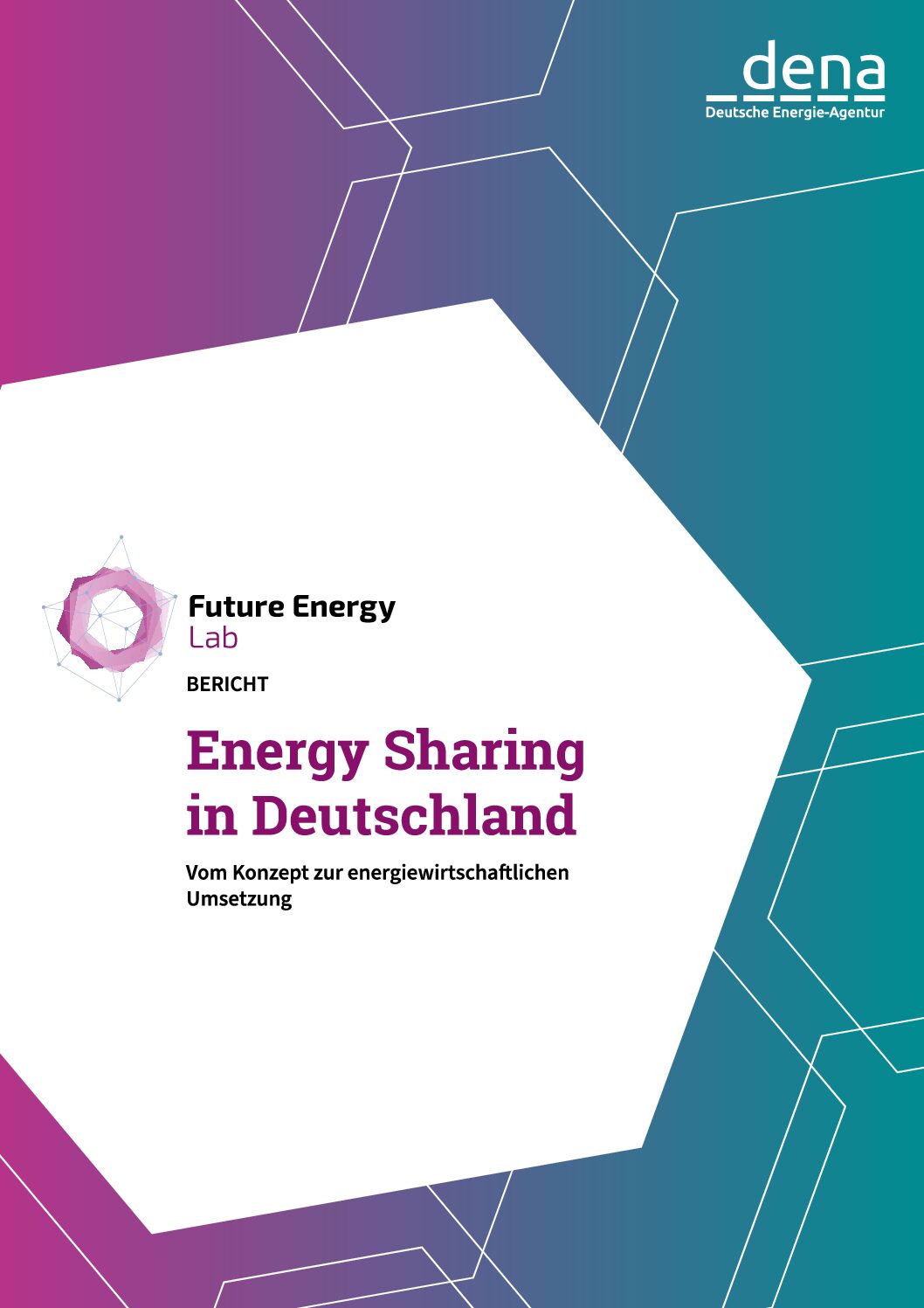Energy sharing in Germany - from concept to realisation in the energy industry
Abstract
There is currently no specific regulation for energy sharing in German law. Nevertheless, the practical implementation of energy sharing communities (ESCs) is already possible, albeit complex, taking into account all energy-related tasks and obligations and through the use of intelligent systems. A look at the practice shows that projects for community electricity supply on site today mainly take place behind the grid connection point. In contrast to such neighbourhood, building or tenant electricity models, at least some of the real, virtual and balance sheet supply relationships between the participants in energy sharing take place using the public electricity grid.
In particular, the market roles of the electricity supplier, grid operator and metering point operator and the associated responsibilities are of central importance in this context for the implementation of ESCs in the energy industry. The amendment of the European Commission's Electricity Market Directive (EMD) creates new opportunities here. A first step in this direction is the community building supply already introduced with Solar Package I, which for the first time in Germany has made it possible to supply end customers without having to fulfil full supplier obligations.
Depending on the legal framework, various models can be realised, some of which already describe existing approaches.
